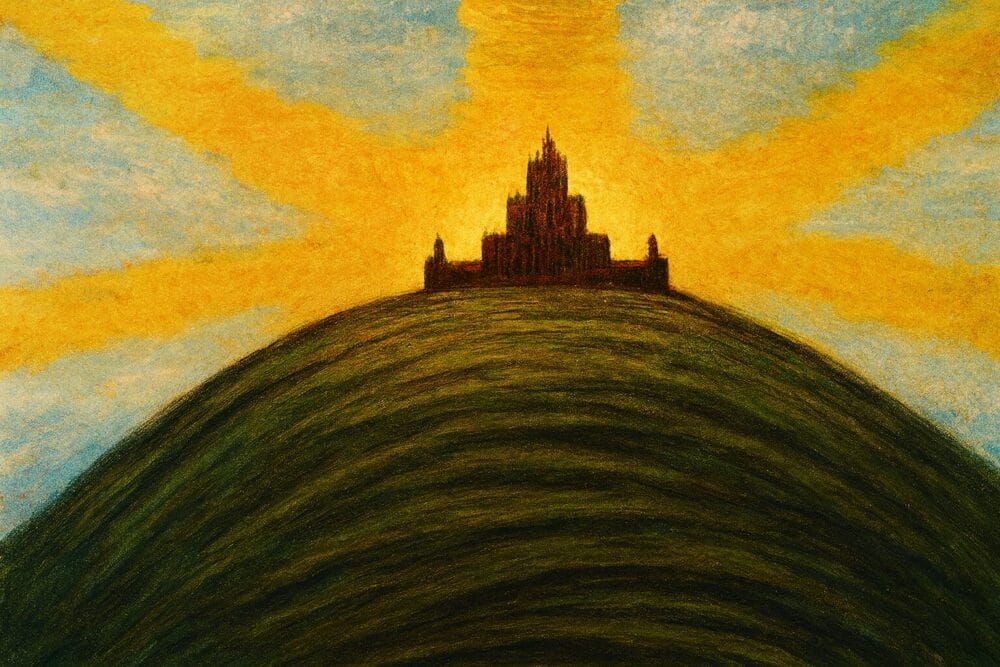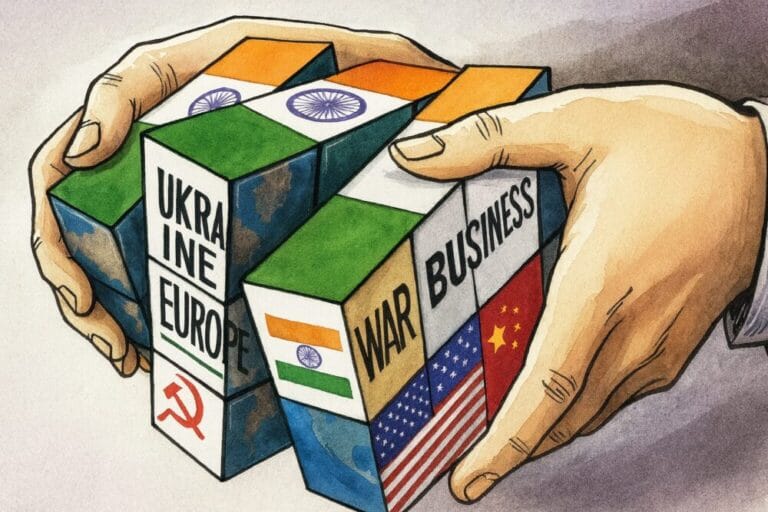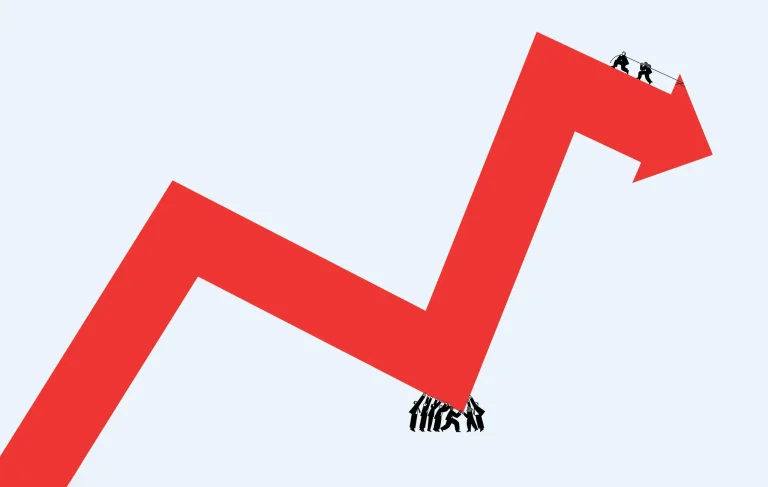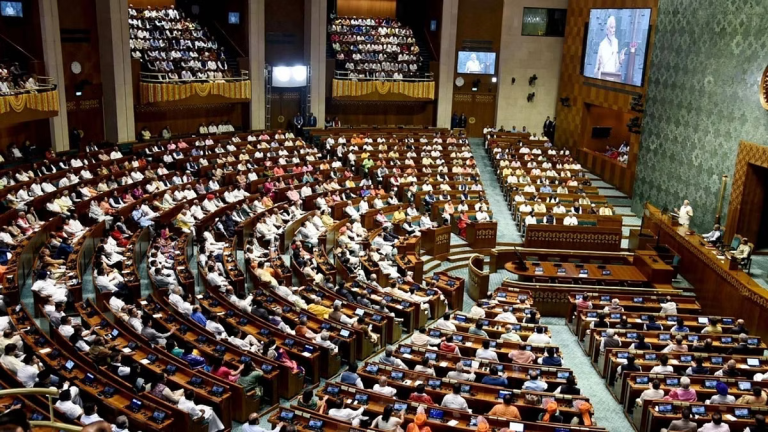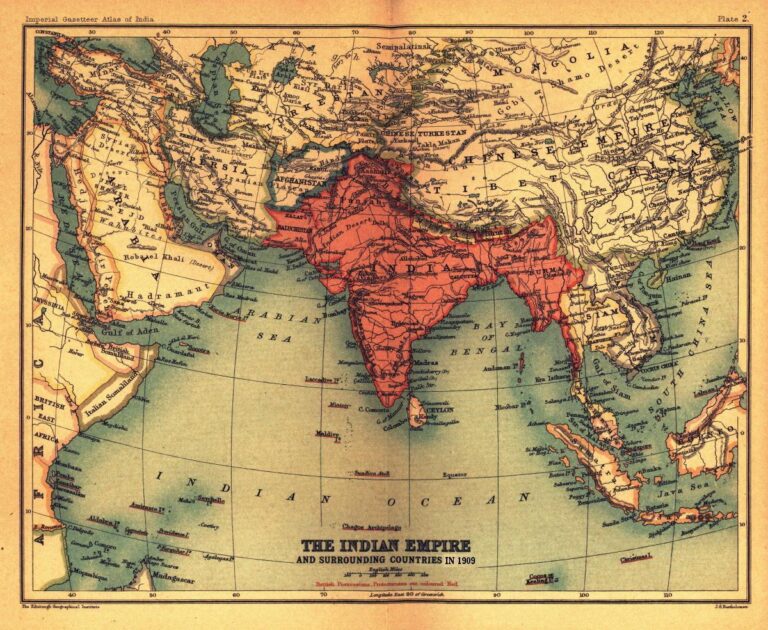For those wondering, what on earth is “human flourishing”? Do bear with me; in all likelihood, after this reading, you will grasp a gist of it.
Generally speaking, ever since we — humans — morphed into being cerebral (thinkers) types, certain folks, mainly philosophers, have been contemplating along the lines of what is the good, true, and beautiful as well as how to realize such an abstract conception.
Inevitably, along the passage of time, there have been a myriad of postulations to realize such; namely, in the recent past, the schism in human civilization is between liberty on the one hand and rule by the few on the other. To illustrate, the differing thought processes are elucidated via the American Revolution and the Bolsheviks in Russia; there isn’t any sliver of doubt that civic virtue has been largely dominated by the two ideationally opposing events. At last, for any doctrine to succeed, a prime yardstick, commonsensically, is human flourishing, in extension, coupled with the ultimate endpoint, or in other words, where and how we see ourselves at the end of the journey; in archaic parlance, the Aristotelians would denote such an endeavor as telos.
Keeping that in mind. As a civilization, where do we find ourselves to be in the third decade of the 21st century? Paradoxically, something that is both a pity and an encouraging fact is that we have progressed to such great lengths that societies in some parts of the hemisphere have veered away from being concerned about what would be regarded as primitive needs: that is, a shelter to reside in, food to survive, and clothes to wear.
If such is the state, why do we always come across tantrums proclaiming a down-the-horizon doomsday? Bluntly speaking, I reckon such a proclivity suggests an inherent need for more. Which is why the contemplative mind pivots into thinking about ideas, values, and norms that transcend the material world; in plain English that implies thinking — an attribute connoted to us being cerebral types.
That said, with the overt commodification of society writ large, we are forfeiting the conduit to put forth new ideas. A venture that does not involve the dollar sign is siloed amongst the clouds, only for a few to cling upon. The naysayers to my inkling would suggest we do continue to think big, say, from the excavations on planet Mars to devising a technological tool that would wield GOD-LIKE aptitude, prima facie, under the paradigm of innovation alike to the prior mention. Has the pendulum of the zeitgeist shifted to optimism or cynicism? The answer certainly is the latter.
All in all, what this all is tending to imply is that human flourishing is being impeded by piecemeal advancement wherein innovation is having an incremental to no effect on our civilization. The contrarian virtue towards LLMs (AI: a buzzword these days) would be, by and large, how to curb the qualms that we have not been able to, like, emancipate the needy from chronic diseases or even poverty. Yet, our encumbered thought is maligned with an insular supposition: is the respective tool going to take over humanity?
At last, we should be contingent upon not being dazzled by such frivolous changes in life; instead, let’s think big — to continue to envisage a shining city. Most important, let’s not flounder by being a yes-sayer to the prevailing ethos; if such would have been the case, our history books may have been bereft of all the glimmer.
